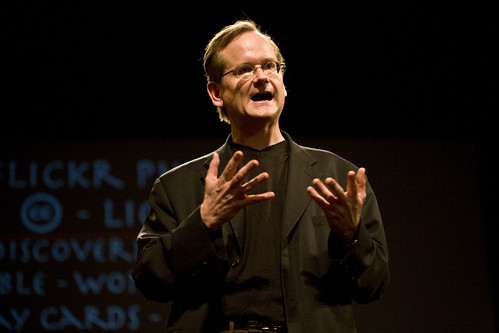
in India
This election will be remembered as the first one where traditional media relied heavily on citizen journalism and new media. Take a look at Twitter’s Election 2008 live feed to get a feel for the political zeitgeist. Or how Free Press created “Rate the Debates”:http://www.freepress.net/debates to provide actual input from people before the pundits could formulate their conventional wisdom. Or how C-SPAN and NPR mined twitter for live fact checking, dialtests and general citizen journalism.
Well, election day will be no different. Twitter will probably end up being the place to gain a sense of the situation on the ground, but a lot of other web sites are hoping to provide people with the tools to report voter suppression, other problems and experiences. Here are a few resources:
SourceWatch.org’s Election Protection Wiki
The Election Protection Wiki is a non-partisan, non-profit collaboration of citizens, activists and researchers to build a one-stop-shop for reports of voter suppression and the systemic threats to election integrity. We collect just the straight facts that are fully referenced to external, verifiable sources, and we need your help.
Wired’s Election Problem Reporting Site
Over the next weeks, if you have trouble at the polls, either during early voting or on Election Day, we’d like you to add your issue to our map. Be sure to provide as much detail as possible. You may also include links to video or audio.
YouTube & PBS: Video Your Vote
YouTube’s Video Your Vote, a non-partisan program produced in partnership with PBS, encourages American voters to document their voting experiences.
Whether it’s a video shot at the polls on Election Day, an account of your early voting experience, or you filming yourself filling out an absentee ballot — we want you to upload it here.
The Video Your Vote channel is also a one-stop-shop to view exclusive videos from voter registration experts, election reform activists, and state officials, as well as video footage from the PBS archives for a historical look at voting through the years.
Voter Suppression Wiki
This site is designed to be a hub of information and action around efforts to suppress votes in the 2008 U.S. elections.
Citizen Media Law Project Blog
Has a lot of resources on the legality of documenting your vote and the areas in and around polling places.
The New York Times Polling Place Photo Project
The Polling Place Photo Project is a nationwide experiment in citizen journalism that encourages voters to capture, post and share photographs of this years primaries, caucuses and general election. By documenting local voting experiences, participants can contribute to an archive of photographs that captures the richness and complexity of voting in America.
Twitter Vote Report Project
Anyone with a Twitter.com account can use their cell phones or their computers to send a message and notify voters and election monitors around the country.
I will add more to this page as I discover them.
UPDATE: Some resources to make sure your vote gets counted.



